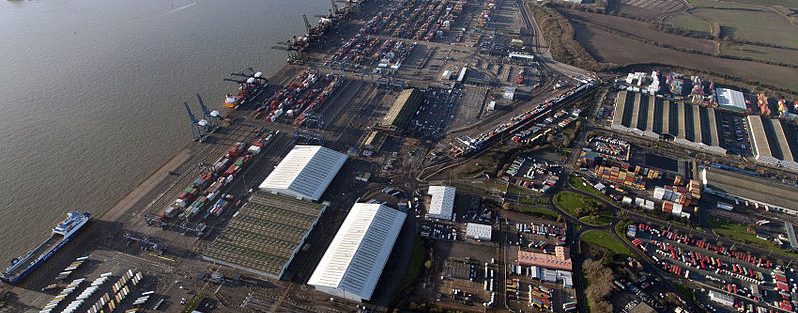Shareholders rebel
BP shareholders revolted yesterday (April 14) over the obscene ÂŁ14m pay packet of chief executive officer (CEO) Bob Dudley.
The revolt was the first of many expected by shareholders at major companies in the coming weeks, including Reckitt Benckiser, AstraZeneca and Persimmon, over multimillion pound wage deals for top bosses.
The BP rebellion came after Centre for High Pay analysis found that the 20 year trend of rocketing CEO pay at FSTE 100 companies continues unabated, despite widespread belt tightening everywhere else.
Almost 60 percent of BP investors voted against Dudley’s pay, citing record £4.6bn losses and 5,000 redundancies in the last year, as well as the current climate of austerity experienced by regular hardworking people.
Speaking at BP’s annual shareholder meeting in London yesterday, Adam Matthews, representative for Church of England pensions, which invests in BP, questioned the morality of Dudley’s remuneration package.
He said, “Given the context of the headline performance of BP, is this level of pay morally right?
“It raises the question; how much one person needs to be paid to be incentivised?”
David Walker, one of the approximately 18m people in the UK to own shares in BP directly or through pension and investment funds, also spoke at the meeting.
He said, “The situation in this country and much of the EU is austerity. It’s not the time to increase directors’ remuneration.”
On the same day 53 per cent of investor’s at the Smith & Nephew medical equipment firm also revolted at a “long-term incentive plan” to pay ÂŁ2.1m to 60 executives, despite a fall in performance. Trouble is also brewing at Reckitt Benckiser, where investors are unhappy at CEO Rakesh Kapoor’s massive ÂŁ23m wage bill.
New rules
Under new rules introduced in 2013 companies are forced to allow shareholders a vote on pay policy. However the votes are only binding once every three years, meaning BP and Smith & Nephew do not have to apply the current shareholder decisions.
The votes coincided with the release of High Pay Centre analysis of 62 FTSE 100 companies that revealed an aggregate 6 percent increase in CEO pay over the last year.
Among the CEOs receiving huge hikes in take home pay were those of Experian and Diageo, who received a wage increase of more than ÂŁ11.5m each. The CEO of Royal Dutch Shell had a rise of more than ÂŁ15m.
High Pay Centre spokesperson Stefan Stern said, “The evidence which is coming directly from companies’ own annual reports is that the 20 year rising trend in top company pay continues unabated.”
Unite assistant general secretary Steve Turner said people should join the People’s Assembly Against Austerity rally tomorrow (April 16) in central London to demand an end to the gross inequalities in wages and living standards across Britain.
“These latest figures from the High Pay Centre are the latest example of how we are not â€all in it together’ – austerity as an economic policy has delivered falling living standards for most people with the average wage still worth ÂŁ2,000 less in real terms than before the crash,” said Turner.
“And we have seen this government attack trade unions and weaken employment rights. The result has been an increase in zero and short hour contracts, insecure and precarious working. It is one of the reasons that demanding better jobs is part of the People’s Assembly Against Austerity march for Health, Homes, Jobs and Education this Saturday.”
The People’s Assembly rally starts at 1pm on Saturday (April 16) at the corner of Gower Street and Euston Road in central London.
 Like
Like Follow
Follow


